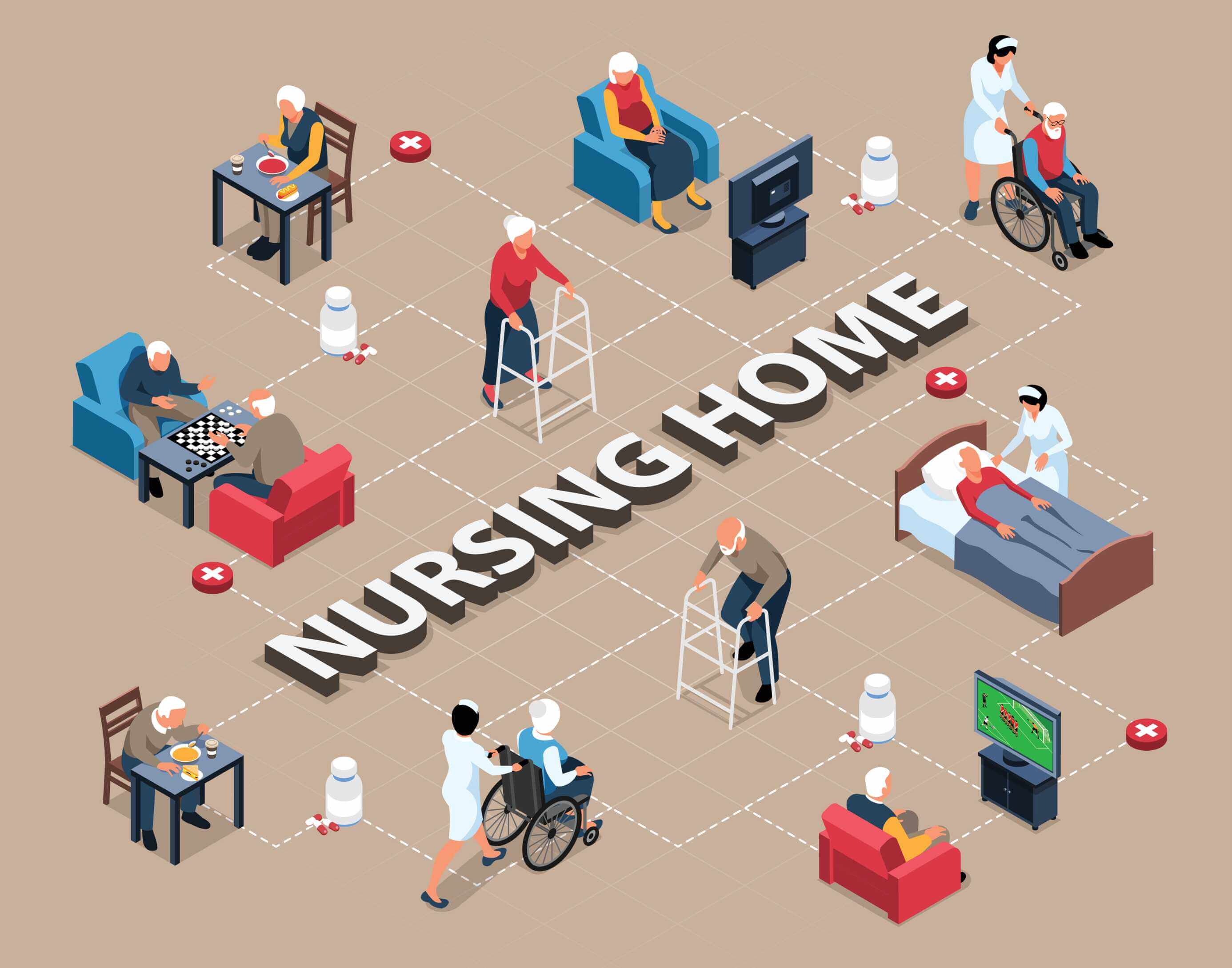Alzheimer's Caregiver Support: Finding Help, Self-care, And More

Caregivers are an important part of the lives of people with Alzheimer’s disease. However, caregivers need support as well. There are various ways a caregiver can find support and practice self-care while caring for someone else.
A caregiver is someone who provides care for someone else. Many people across the United States are caregivers for someone with Alzheimer’s disease or another type of dementia.
Whether a person is the only caregiver or is part of a family or group of caregivers, it can be an overwhelming experience. Finding help and support and practicing self-care can help a caregiver feel less stressed and overwhelmed.
Caring for someone with Alzheimer’s disease can take a lot of time and effort, and it may require more effort than one person can provide on their own.
A person can use various services to find help caring for someone with Alzheimer’s disease, such as:
- Home care services: An aide comes to the home to help care for the person with Alzheimer’s disease. They provide help with daily activities and personal care. They do not provide skilled medical care.
- Home healthcare services: These are usually part-time medical services that a healthcare professional orders for a certain health condition. They may include in-home nursing care.
- Meal services: These services deliver nutritious meals to a person’s home either daily or weekly.
- Adult day care services: These programs provide trained staff and a safe environment for people with Alzheimer’s disease. They may offer social activities, meals, exercise, personal care, and basic healthcare services.
- Respite care: Respite care offers short-term care for a person in their home, in a healthcare facility, or in an adult day care center. This care may last anywhere from a few hours to several weeks.
- Hospice services: Hospice services provide care for people at the end of their lives when they are no longer receiving treatment to try to cure a health condition.
Read about caring for someone with Alzheimer’s disease.
Caring for someone with Alzheimer’s disease can be challenging. It can be easy for a caregiver to neglect their own needs when focusing on someone else. However, it is important for caregivers to remember to take time for self-care so they can stay physically and emotionally strong.
Maintaining a focus on physical health can help a caregiver avoid becoming ill and maintain the energy to care for the person with Alzheimer’s disease.
A caregiver can look after their physical health by:
- trying to get regular exercise or physical activity
- eating a nutritious and balanced diet
- having checkups with a healthcare professional at least annually
- taking regular breaks throughout the day
Taking care of one’s emotional health is important to help manage stress, avoid burnout, and prevent depression and other mental health conditions.
Ways a person can care for their emotional health include:
- asking for help when needed
- joining a support group
- spending time with friends and loved ones
- keeping up with hobbies and interests
- attending religious services, if applicable
- practicing meditation
- seeking help from a mental health professional, if needed, to help cope with stress and anxiety
Caregivers of people with Alzheimer’s disease often report feeling high levels of stress. However, too much stress can be harmful to both the caregiver and the person they are caring for.
To help manage stress and avoid burnout, people may want to try:
- practicing relaxation techniques
- maintaining a sense of humor
- making legal and financial plans for the future
- learning more about Alzheimer’s disease and its progression
Learn about stress-reduction strategies.
A caregiver is a person who gives care to someone who needs help taking care of themselves.
Being a caregiver for someone with Alzheimer’s disease may include helping to get the person’s financial, legal, and health affairs in order. It may also involve helping with daily tasks, making sure the person eats properly and takes their medications, and making sure they get to their medical appointments.
Additionally, a caregiver may evaluate the safety of the house the person lives in, determine what extra care they may require, and provide emotional support and company.
Caregivers often report feeling highly stressed, overwhelmed, angry, and anxious. However, with the right self-care and support, they can better cope with the stress of caregiving.
Caring for someone with Alzheimer’s disease can feel stressful and overwhelming. It is important that caregivers make time to care for themselves too.
Asking for help and finding support can be a crucial part of caring for someone with Alzheimer’s disease. Helplines and support groups for caregivers are available. Healthcare and mental health professionals can also help a person cope with the stresses of caring for someone else.



